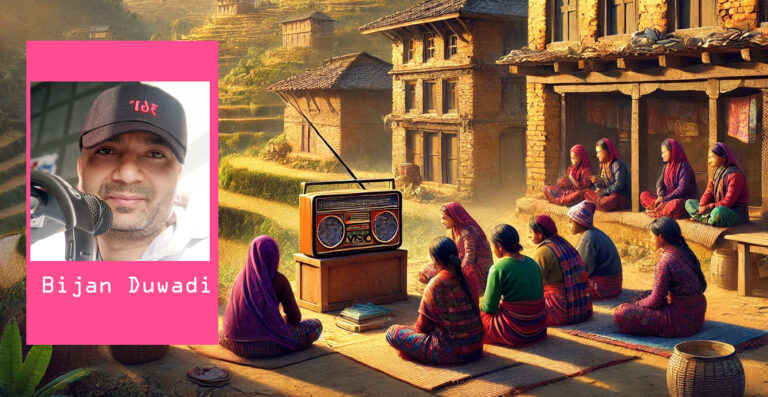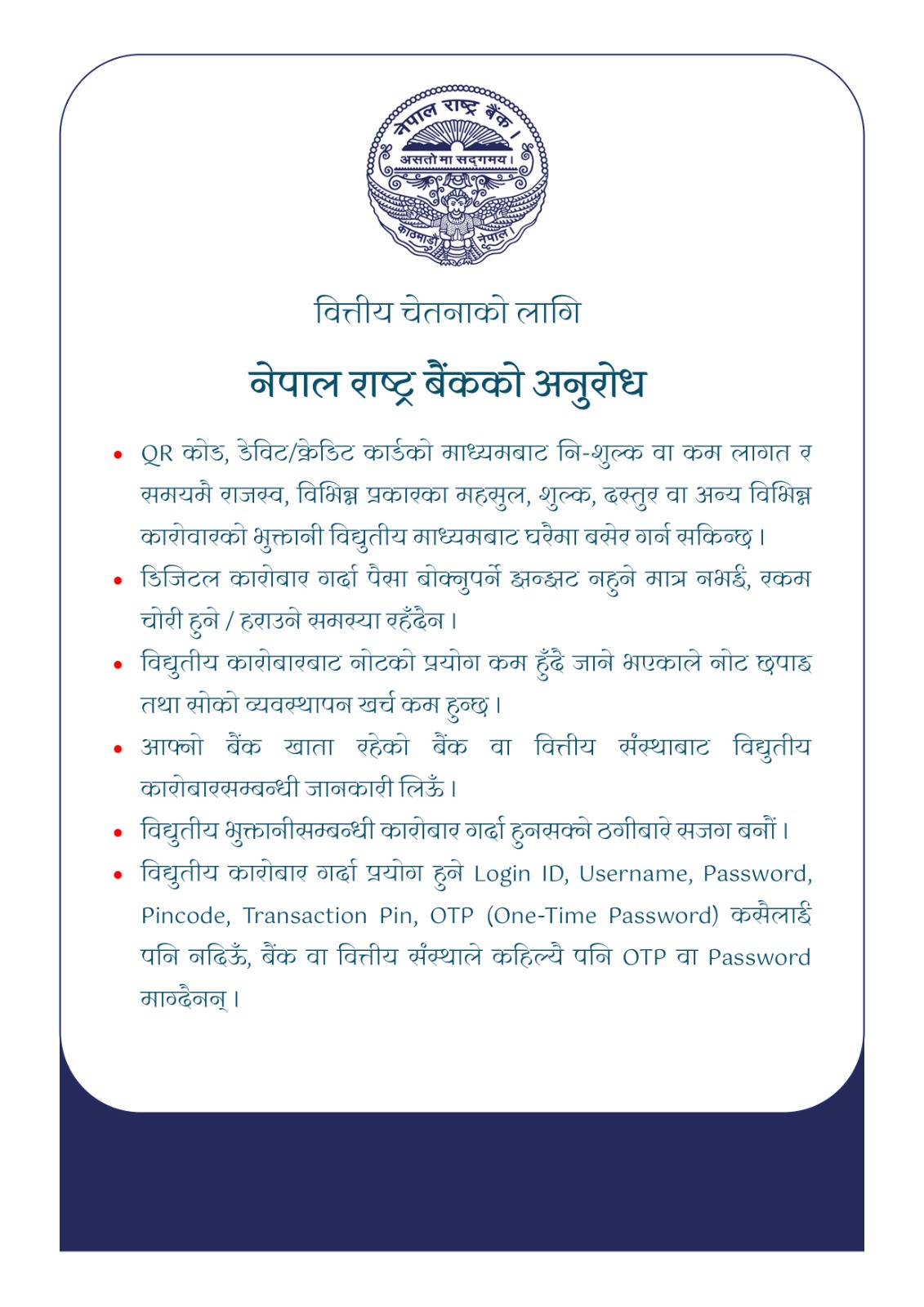The powerful influence radio has had on culture, communication, and entertainment throughout history. As a medium, radio reaches wide audiences, transcending geographical boundaries, and its impact can feel immense. From its golden age in the early 20th century to its ongoing presence in people’s daily lives, radio has shaped public opinion, brought communities together, and provided a platform for diverse voices. No one can deny it; in the context of our Nepal, radio has played an incomparable role during major epidemics like democracy, earthquakes, and covid. At that time, especially for national unity and overall development, radio had established itself as a reliable, quality, leading broadcasting medium. Radio will play the same role yesterday, today, and tomorrow to provide comprehensive information about national and international activities and to help in the economic, intellectual, and social upliftment of the nation and its people by keeping the national interest always paramount.
The medium of radio has become the voice of the people in the villages and huts; radio, as well as newspapers and television, are not the means of communication in this society. Now corruption is rampant in the country; the country is crippled by economic recession. Now corruption is rampant in the country; the country is devastated by the economic recession. There are a lot of people who leave the country without seeing the future in the country; even in such a situation, the radios of Nepal are provided by the constitution of Nepal. They are active in bringing the right to freedom of thought and expression and the right to communication and information into practice and in maintaining social harmony among common Nepalese by highlighting the themes of union, state, and local level through multilingual broadcasting.
In the United States, The Nelson Company published data last June, which showed that more than 90 percent of Americans have access to radio. Even in the context of Nepal, there is no shortage of sources for listening to radio in any village or city, but according to a survey conducted by the Sharecast Initiative, the number of people listening to radio from radio sets is 48 percent, while those who listen to radio from mobile phones are 56 percent. Even today, radio is considered a reliable source of information. Recently, people are busier on social media, but the number of radio listeners has not decreased. In the economic situation of the country, the listeners have not been disturbed by the contents given by the radio; rather, the thought has increased that something should be done in the country.
Since radio is a strong information flow medium for every nation, it is necessary for the state to emphasize the expansion of radio’s capacity to its quality.
In radio, if the broadcaster can create time-appropriate broadcast content and broadcast it at the right time, its effectiveness will increase even more. Now it is too late for radio stations to present themselves in their clear lines or styles. For example, in the case of foreign countries, there are separate radio stations that only play pop genres, ghazals, blues, rock, and folk music. Some radios only cover the topics of social life, such as agriculture, environment, gender equality, biological diversity, and religious and cultural radio stations.
There is a trend of some radio stations focusing only on topics such as schools, universities, traffic management, etc. In the context of Nepal, this practice has been done for a decade, and these radio stations are not being able to grow commercially. The reasons for this could be technical aspects, equipment, broadcast access permission, heterogeneous geography, skilled manpower, investment, etc. Now the question arises, how to financially support these radios? In the context of Nepal, there is no provision of government subsidies, concessional loans, or loans for businesses to cover the regular operating expenses of radios to independent radios. Advertising of goods and services of the private sector alone is difficult to cope with the current market.
In Nepal, the regulatory body is in the process of studying the legal system of the provision that at least one to five percent of the sale of any goods and services, private or government, must be spent on advertising. If it gets legal recognition, it is certain that it will be in the interest of all producers of goods and services, distributors, and independent media. Let’s hope that the radio stations also establish themselves as a strong pillar for the economic prosperity of the country. This will be in the best interest of the nation and the people.
Founder & CEO Citizen FM



प्रतिक्रिया